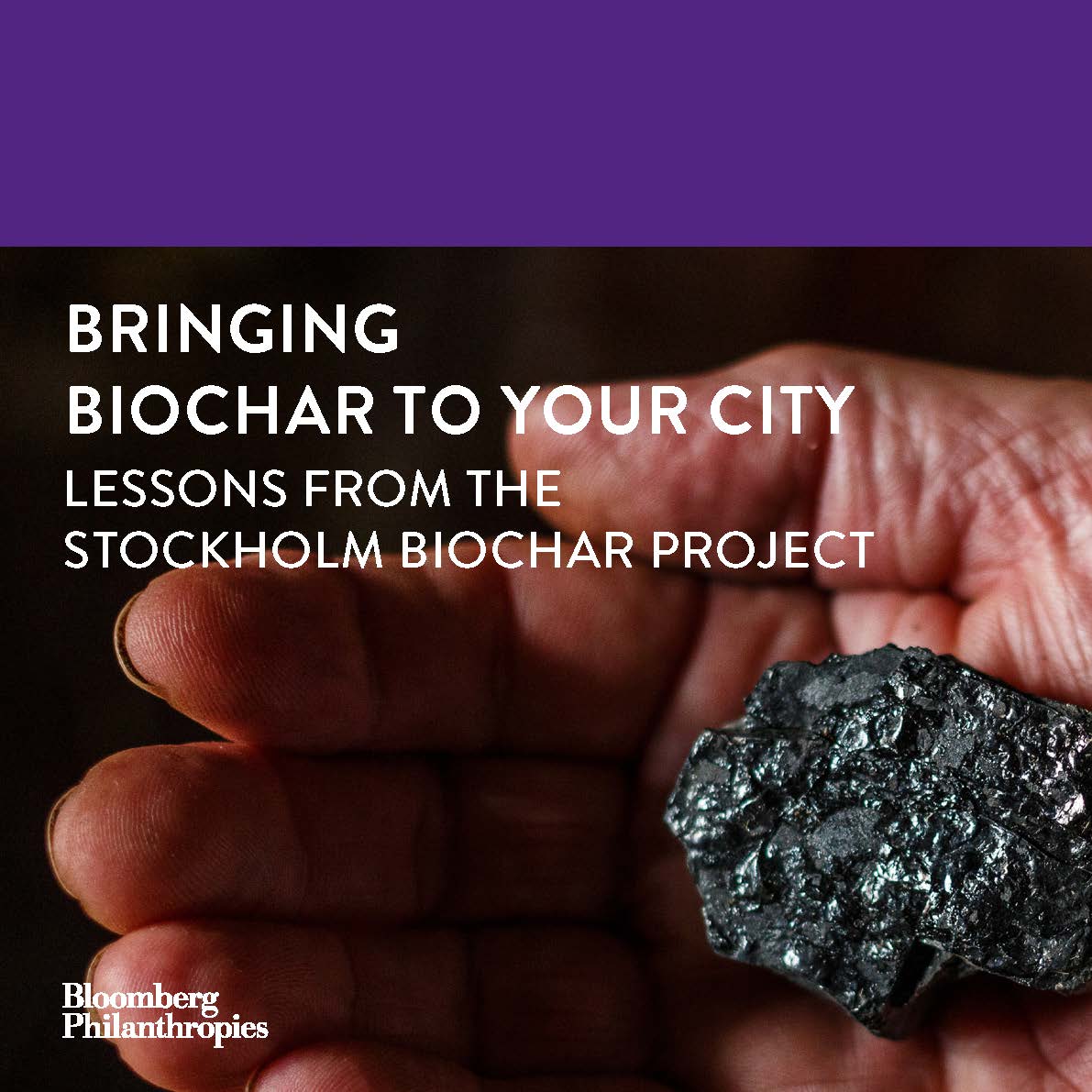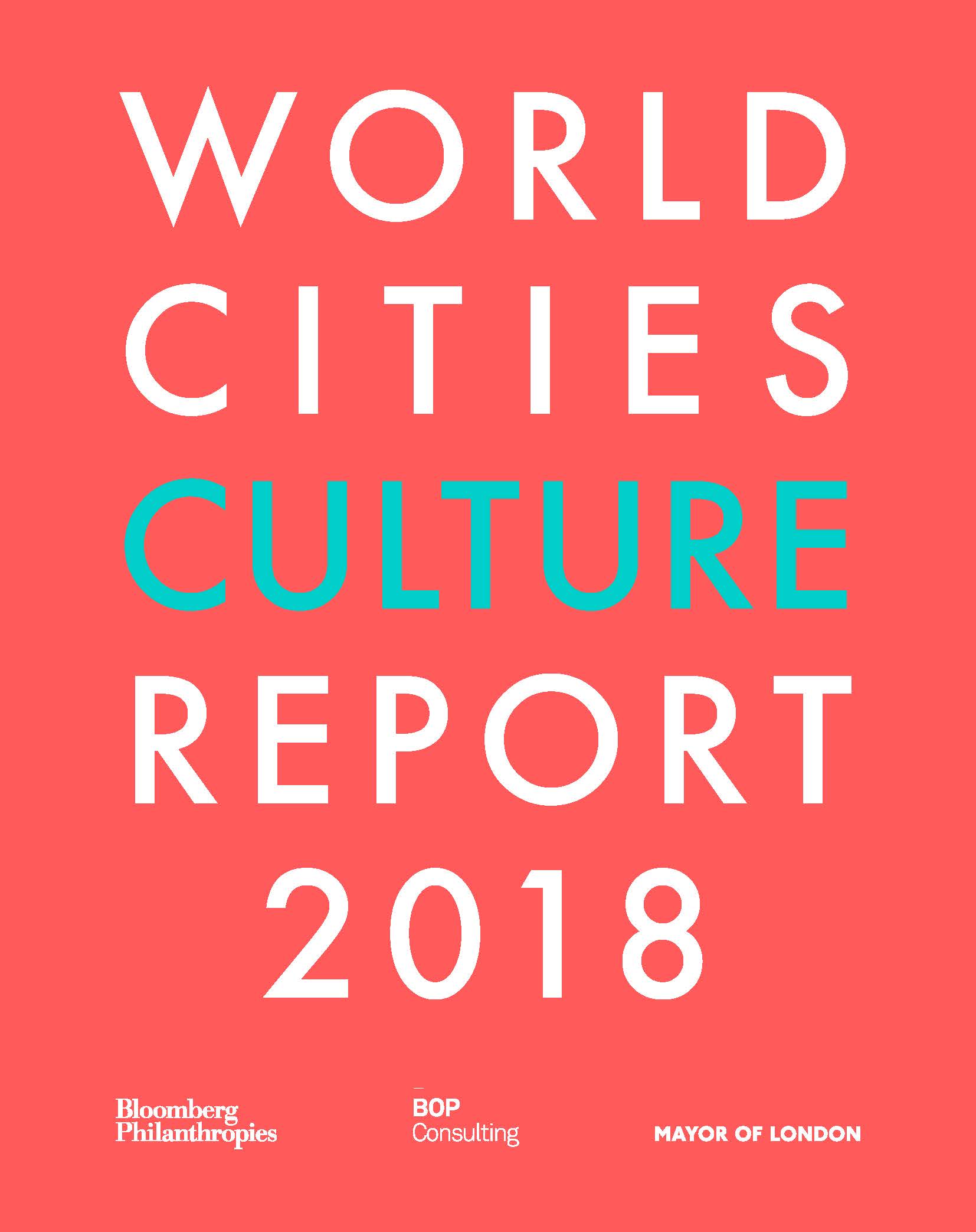
The World Cities Culture Report 2018 went directly to the cities’ policy makers and asked what their most innovative programs and policies were, as well as key trends and infrastructure projects taking place across their cities.
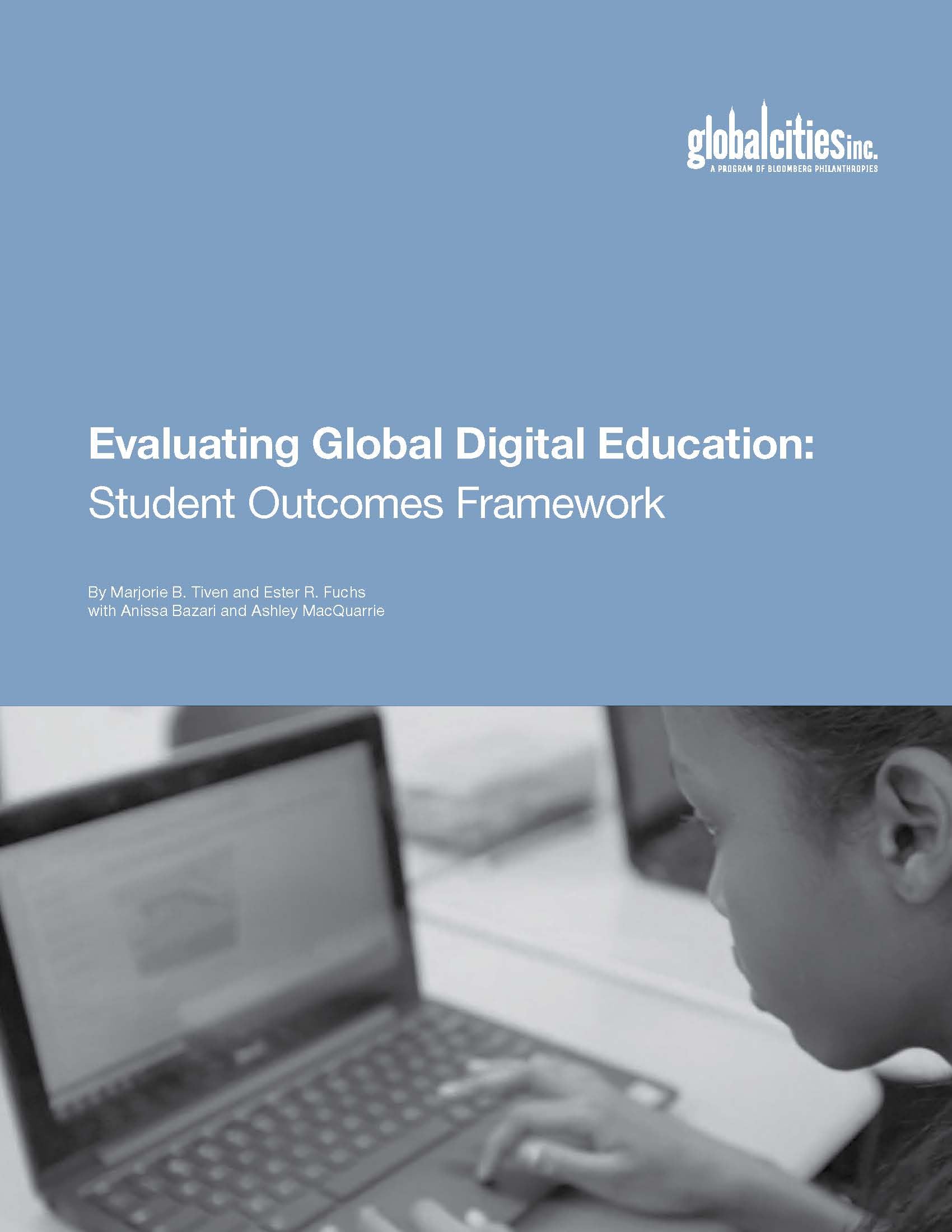
The framework identifies four global learning outcomes—appreciation for diversity, cultural understanding, global knowledge, and global engagement—and five general learning outcomes— digital literacy, language communication, self-efficacy, academic engagement, and critical thinking. Together these outcomes provide a definition of global competency for K-12 students and constitute standards for assessing global digital exchange programs.
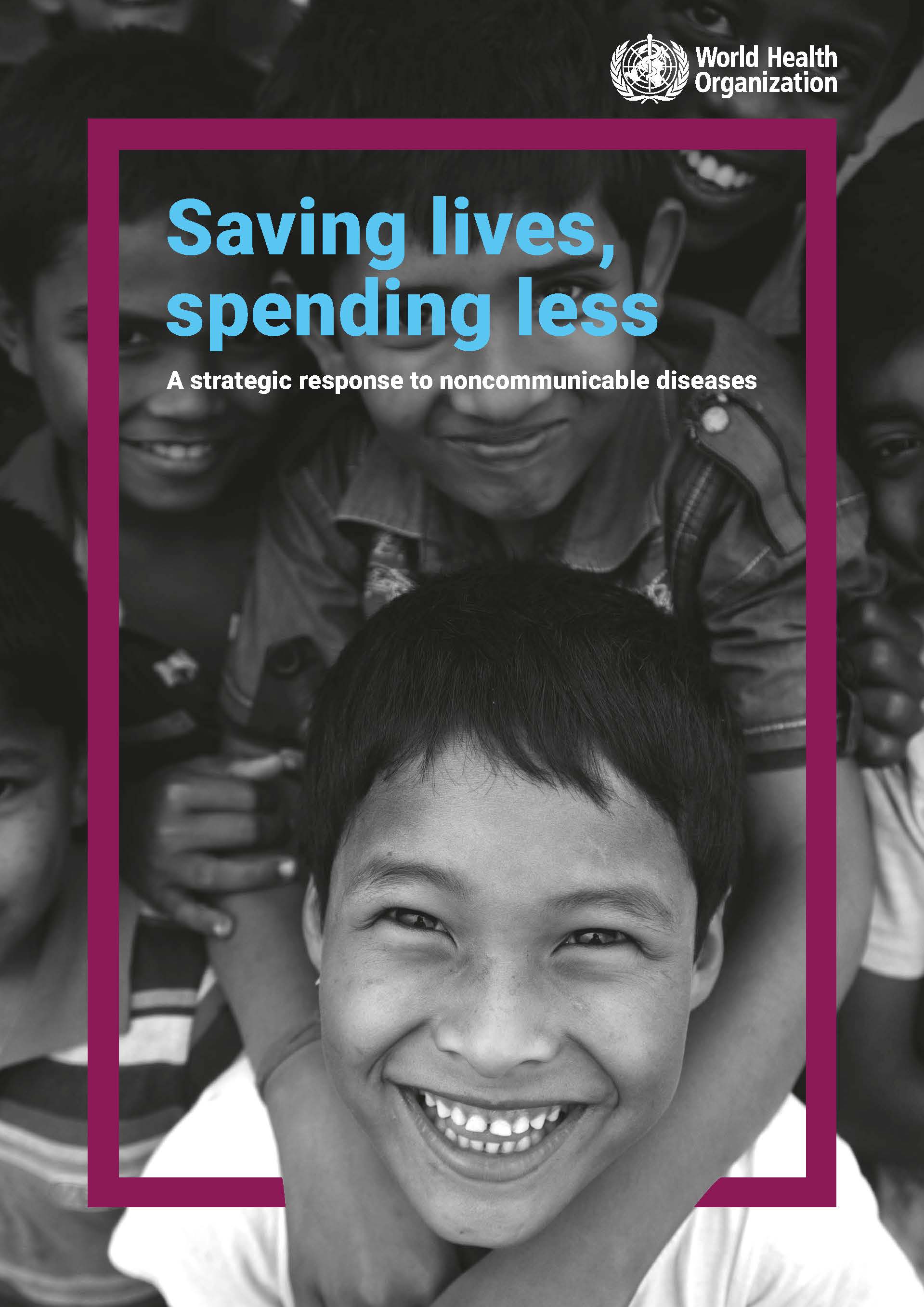
This document lays out, for the first time the health and economic benefits of implementing the most cost-effective and feasible interventions to prevent and control NCDs (WHO Best Buys) in low- and lower-middle-income countries.
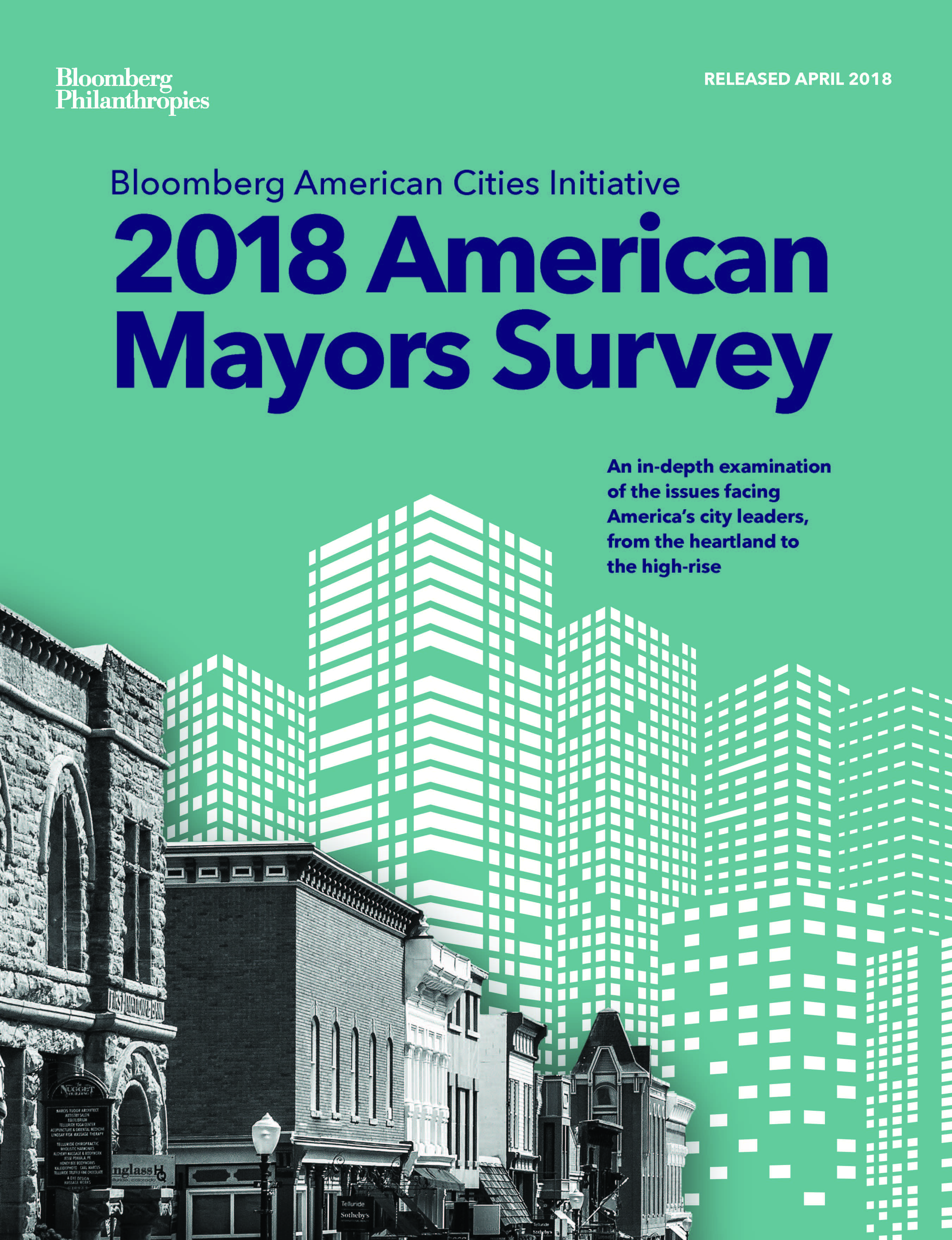
An in-depth examination of the issues facing America’s city leaders, from the heartland to the high-rise
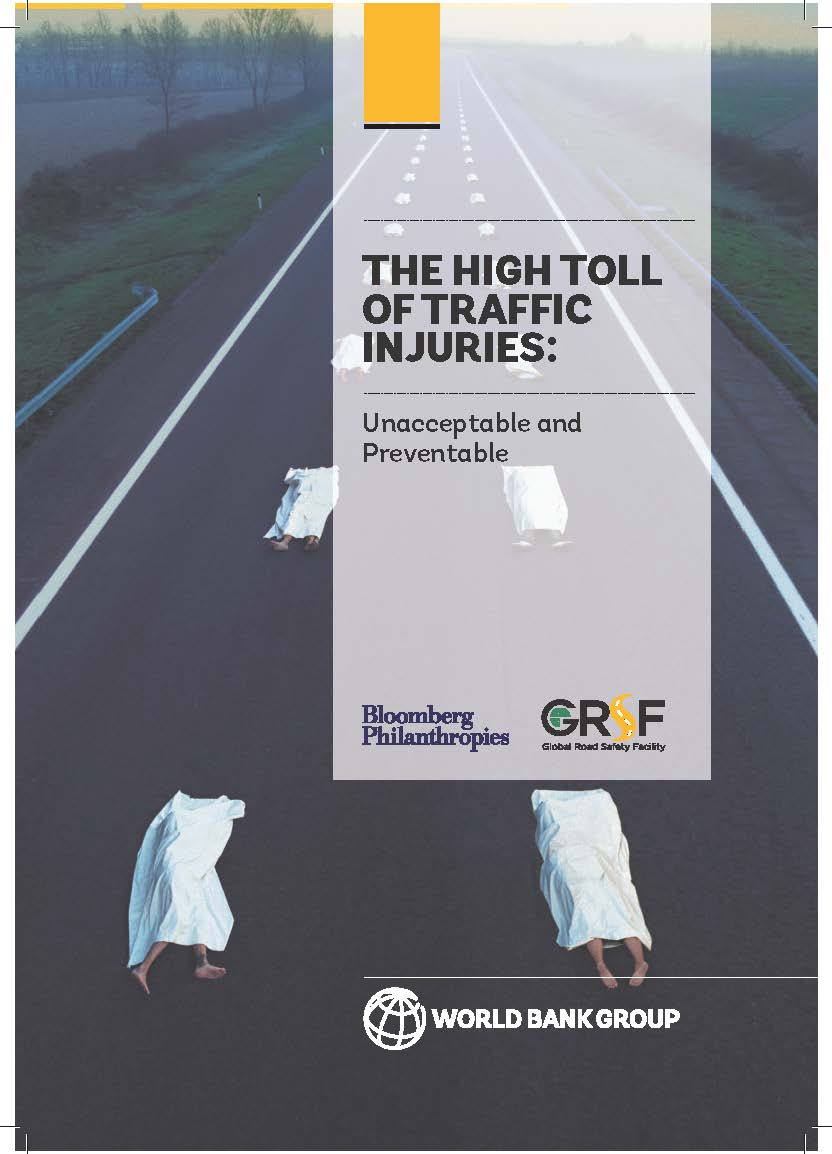
The Macro-Economic And Welfare Benefits of Reducing Road Traffic Injuries in Low- & Middle-Income Countries
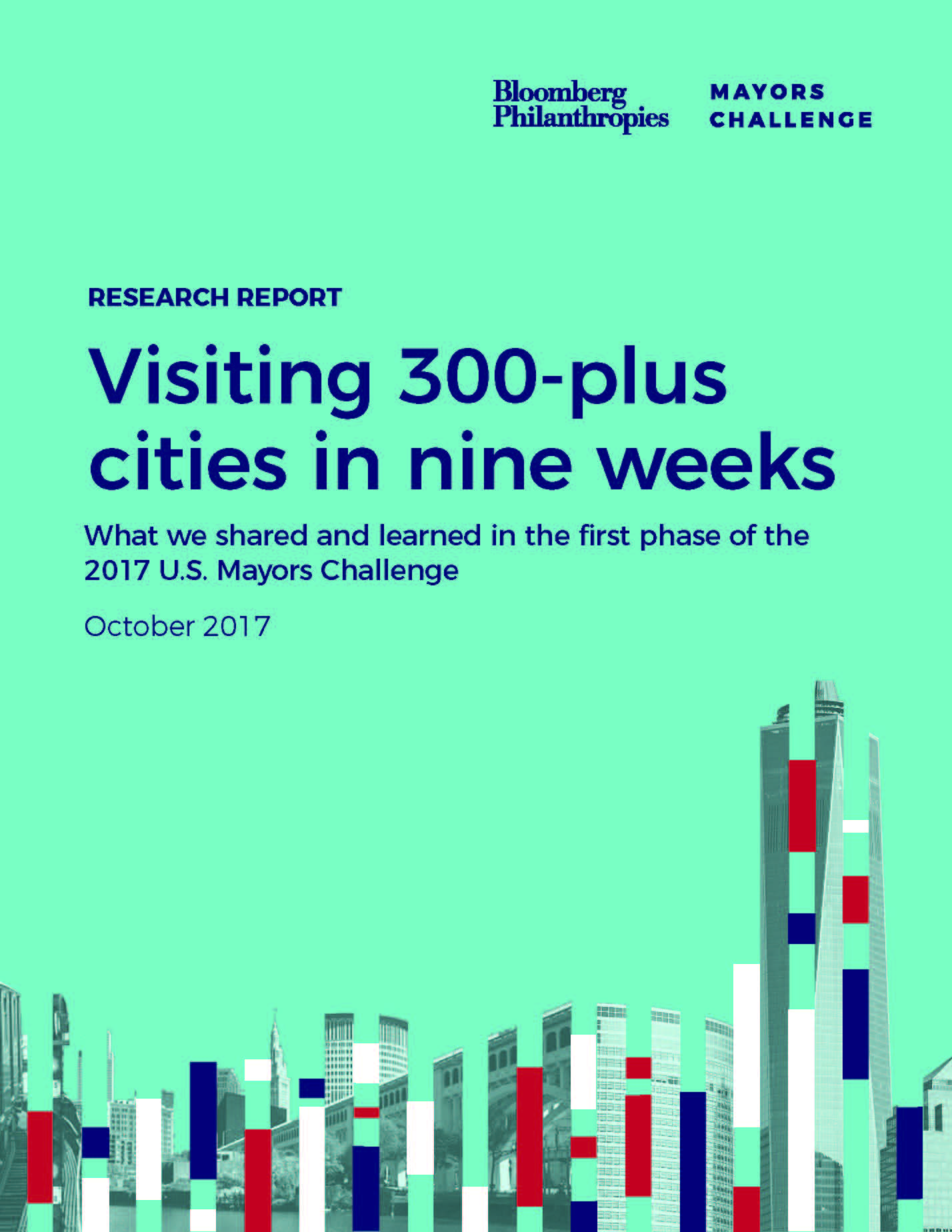
What we shared and learned in the first phase of the 2017 U.S. Mayors Challenge
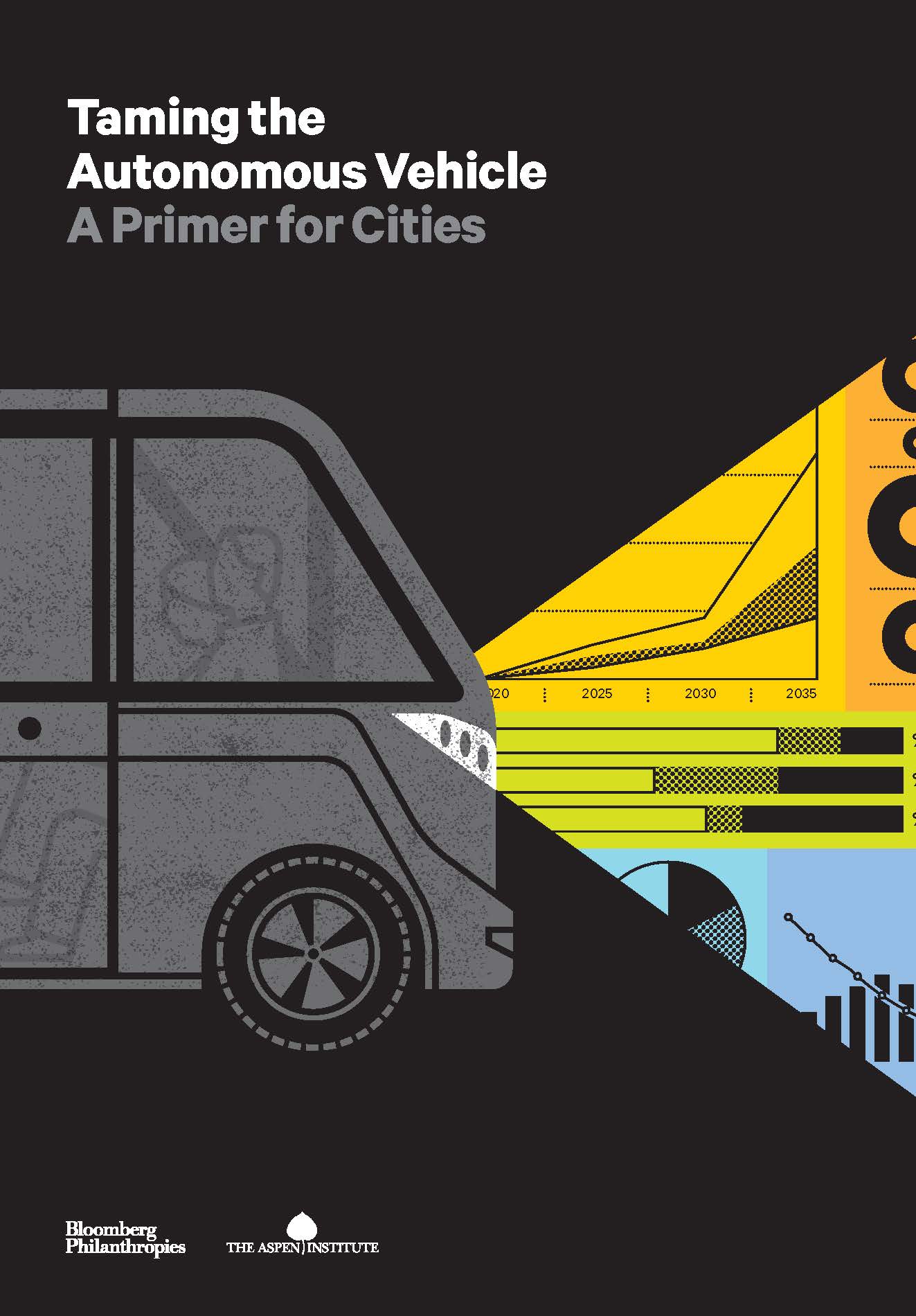
We’ve combed through the most insightful reports, forecasts, and announcements to produce this compact primer on the future of cities and autonomous vehicles. It is a scan of the future horizon, indicating clear directions of change where there is strong consensus among leading experts.
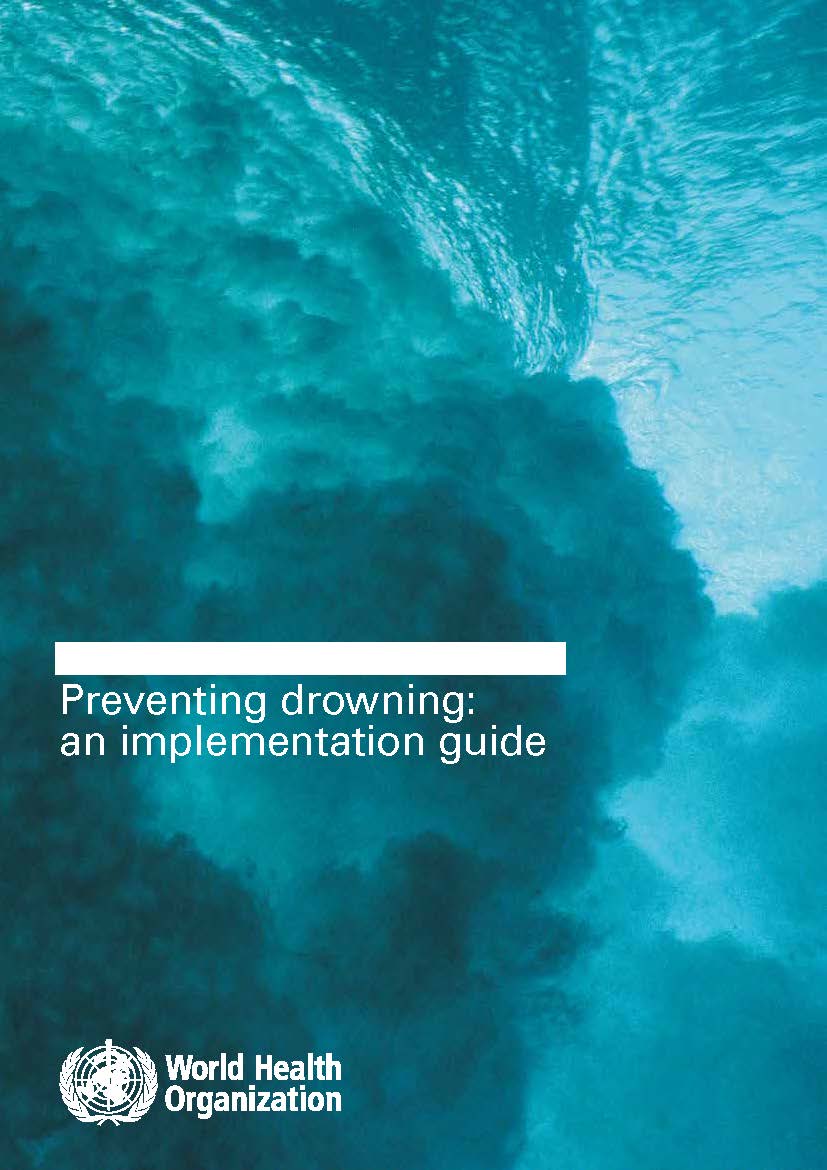
This guide provides practical steps to reduce drowning – one of the world’s most preventable, neglected and pressing public health issues. Through 10 evidence-based interventions and strategies it is designed to help drowning-prevention practitioners – from nongovernmental organizations (NGOs) and researchers to government officials and policy-makers – approach drowning prevention in a strategic, evidence-based and multisectoral way.
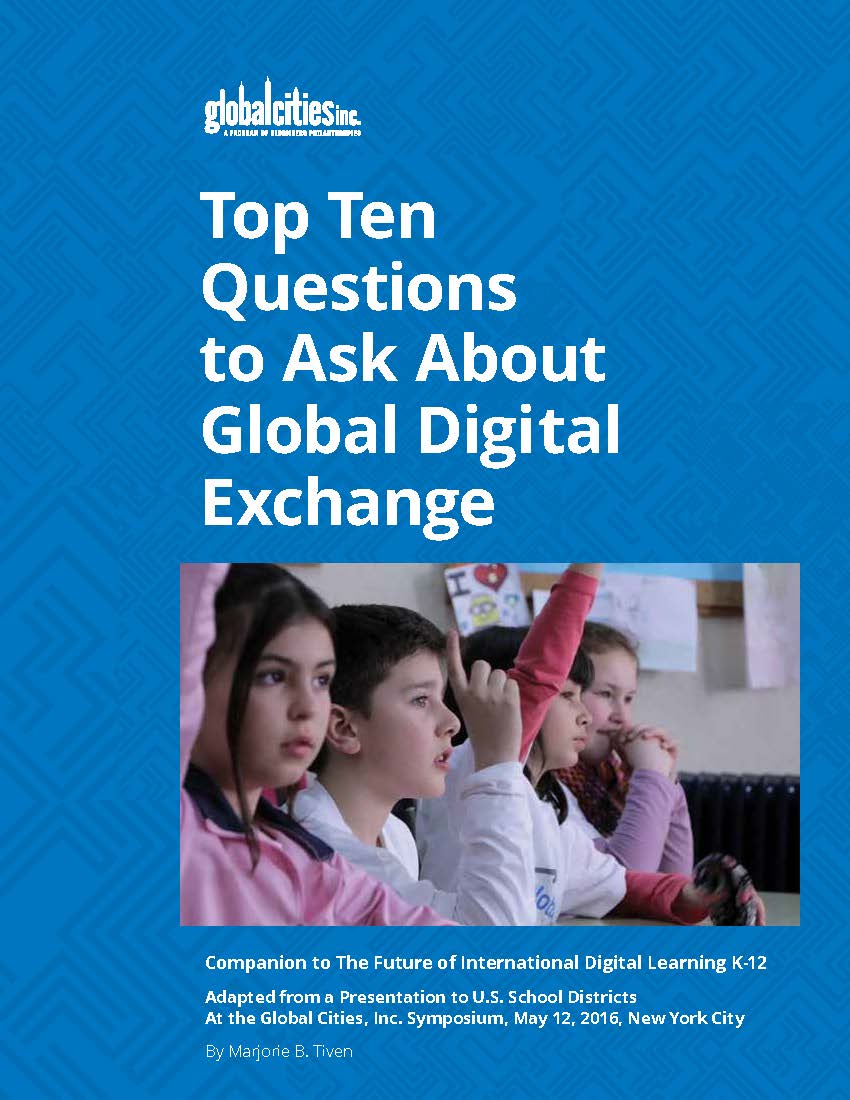
The questions were developed as a guide to help education leaders ask the critical questions about any digital exchange on offer.
